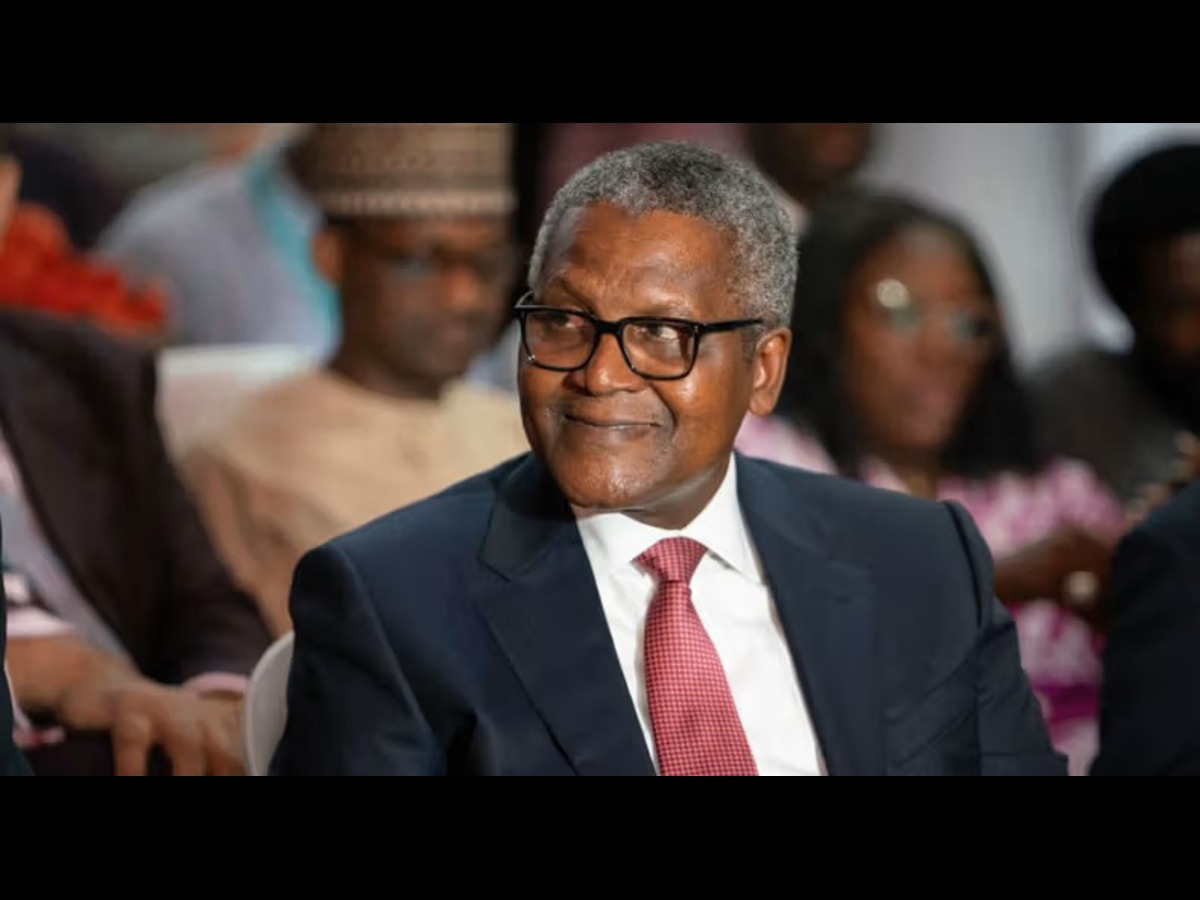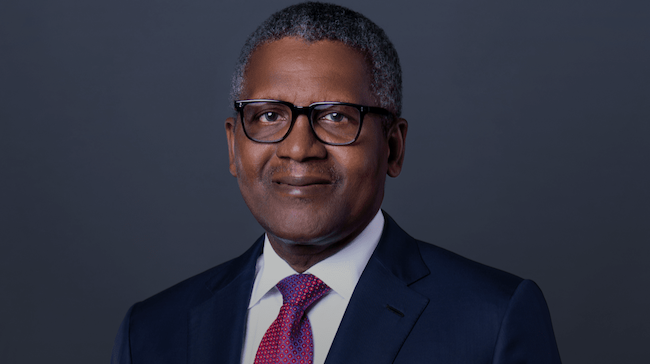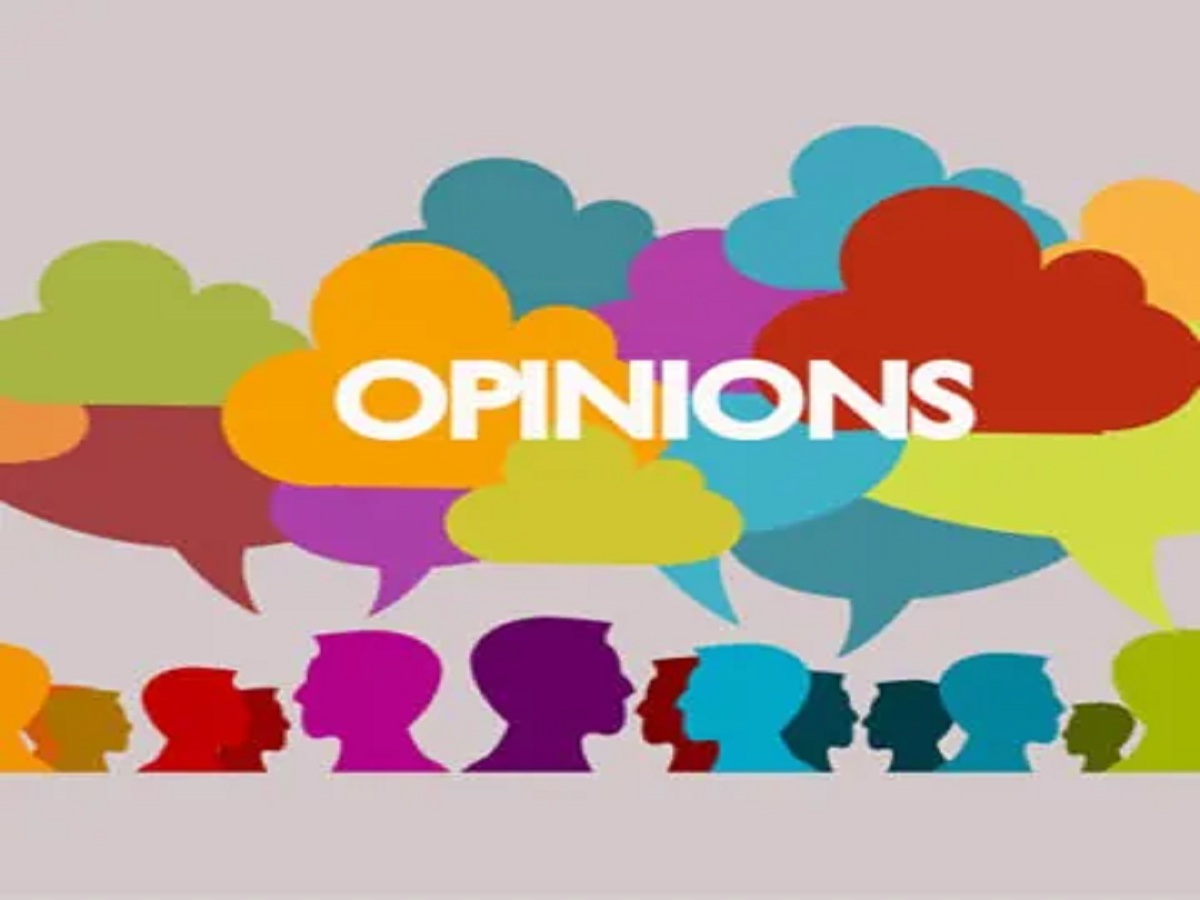Two Kano Emirs Join Tajudeen, Dangote, Sayyu, FG Team in Medina to Bury Aminu Dantata
Sunday Aborisade and Olawale Ajimotokan in Abuja
Two Emirs of Kano, Muhammad Sanusi II and Aminu Ado Bayero, yesterday, joined the son of the late billionaire business mogul, Alhaji Aminu Dantata, Tajudeen Dantata, his nephew, Alhaji Aliko Dangote, Sayyu Dantata and the delegation of the federal government in Madinah, Saudi Arabia, to bury the deceased.
Also at the burial ceremony held at the Al-Baqi Cemetery, following Jana’iza prayers at the Prophet’s Mosque in Madinah, were scores of northern leaders and governors.
At the same time, the Senate has postponed the North-West Zonal Public Hearing on the review of the 1999 Constitution following the passing of Dantata.
The postponement was announced yesterday at plenary, as lawmakers observed a minute silence in honour of the late elder statesman.
Dantata, a key promoter of the Kano Foundation and an influential figure in Nigerian business and philanthropy, passed away on June 28 in Abu Dhabi, United Arab Emirates, at the age of 94.
Son of the deceased, Tajudeen Dantata, and one of his nephews, Dangote arrived in Madinah yesterday morning with the body, accompanied by other family members.
The federal delegation, led by the Minister of Defence and former Governor of Jigawa State, Alhaji Muhammad Badaru Abubakar, departed Nigeria late Sunday and arrived in Madinah in the early hours of Monday.
The delegation included the Attorney General of the Federation and Minister of Justice, Lateef Fagbemi, SAN; the Minister of Information and National Orientation, Alhaji Mohammed Idris; the Minister of State for Housing and Urban Development, Honourable Yusuf Abdullahi Ata; and Hassan Abdullahi, Director of Internal Security at the Office of the National Security Adviser (ONSA), representing the NSA.
Prominent Islamic clerics also accompanied the delegation. They included Dr. Bashir Aliyu Umar, Sheikh Aminu Ibrahim Daurawa, and Khalifa Abdullahi Muhammad, Imam of the Dantata Mosque in Abuja.
They were joined by officials from the Nigerian Consulate General in Jeddah, led by Ambassador Ibrahim Moddibbo.
He was accompanied by Ambassador Muazzam Ibrahim Nayaya and Defence Attaché Major General Adamu Hassan, who coordinated arrangements for the funeral.
Deputy Senate President, Senator Barau Jibrin; and the immediate past Chairman of APC, Dr. Abdullahi Ganduje, were present at the burial, alongside the Governors of Kano and Jigawa States, Alhaji Abba Kabir Yusuf and Alhaji Umar Namadi, respectively.
Dangote also led other family members and close associates to honour the late patriarch.
This was as the statement by Special Assistant (Media) to the Minister of Information and National Orientation, Rabiu Ibrahim, hinted at how the late Dantata was buried.
Meanwhile, the North-West Zonal Public Hearing on the review of the 1999 Constitution, originally scheduled to be held in Kano this weekend, was postponed out of respect for his passing and in recognition of his legacy.
Senate President Godswill Akpabio made the announcement after an executive session yesterday.
He noted the decision was reached due to the involvement of the Senate’s leadership in the funeral arrangements.
He stated a new date for the North-West hearing would be determined after consultations with stakeholders in the region.
Deputy Senate President and Chairman of the Senate Ad-Hoc Committee on the Review of the 1999 Constitution, Senator Barau Jibrin, is leading the North-West zonal hearing.
He, has however, travelled to Saudi Arabia as head of the federal government delegation for Dantata’s funeral, which was scheduled to take place (yesterday), Tuesday, July 1.
While the North-West hearing has been put on hold, the other five zonal public hearings will proceed as scheduled on Friday, July 5, and Saturday, July 6.
These are to be held in Lagos (South-West), Enugu (South-East), Ikot Ekpene (South-South), Jos (North-Central), and Maiduguri (North-East).
The hearings are part of an extensive national engagement process aimed at gathering input from Nigerians on proposed amendments to the 1999 Constitution.
High on the agenda are far-reaching reforms, including calls for the creation of 31 new states, the establishment of state police, local government autonomy, electoral reforms, and gender representation.
According to Senator Jibrin’s Special Adviser on Media and Publicity, Ismail Mudashir, the hearings will feature robust discussions on over 50 proposed constitutional amendments.
Key among these is a bill seeking to enshrine the autonomy of local government councils and define their tenure through constitutional guarantees.
This is complemented by another bill proposing the establishment of an independent National Local Government Electoral Commission (NALGEC), which would take over the conduct and supervision of local government elections across the country.
On security matters, the public hearings will consider two significant bills: one for the creation of state police and another for the establishment of state security councils to oversee sub-national internal security strategies.
These proposals come amid growing national conversations around restructuring and decentralising Nigeria’s overburdened central policing system.
Fiscal reforms also feature prominently in the agenda.
Six related bills will be discussed, including one aimed at empowering the Revenue Mobilization, Allocation, and Fiscal Commission (RMAFC) to enforce compliance in the remittance and disbursement of funds from the Federation Account.
Another bill seeks to constitutionally define the timeframe within which the president or state governors must present budget proposals to the legislature.
Gender inclusivity is also receiving attention. A proposed amendment seeks to reserve additional seats for women in both the National Assembly and State Houses of Assembly.
This initiative aligns with growing calls for balanced gender representation in Nigerian politics.
Traditional institutions may also witness significant structural enhancement if proposals to formally establish the National Council of Traditional Rulers, along with state and local government councils for monarchs, are approved.
In the area of electoral reform, the hearings will evaluate a bill advocating independent candidacy at all levels of elections, which would allow Nigerians to contest elections without party affiliation.
Additionally, there is a proposal for the inclusion of diaspora voting, which would grant voting rights to Nigerians living abroad.
Judicial reforms are also on the table, with over 20 bills aimed at overhauling the judiciary.
Key proposals include setting mandatory timelines for the delivery of judgments and expanding the jurisdiction of election tribunals.
In what many consider a bold step toward devolution of power, certain proposals suggest transferring items like labour and shipping from the Exclusive Legislative List to the Concurrent List – effectively granting states greater legislative authority in these areas.
Perhaps the most politically sensitive issue is the proposal for state creation.
The Senate committee has received 31 separate memoranda seeking the creation of new states.
These include seven requests from the North-East, six from the North-West, five each from the South-West, South-South, and North-Central, and three from the South-East.
The Senate’s Constitution Review Committee has emphasized the importance of citizen participation in the ongoing amendment process.
It urged Nigerians to attend and contribute to the zonal hearings. The committee reiterated that only through inclusive and widespread public input can the constitutional reform process reflect the true aspirations of Nigerians.
With the North-West hearing now on hold, stakeholders in the region are expected to reconvene soon to determine a new date for their session.
Meanwhile, the Senate has said it remained committed to a transparent and participatory constitutional review process, as it seeks to address longstanding national questions through legislative action.
You may also like...
Diddy's Legal Troubles & Racketeering Trial

Music mogul Sean 'Diddy' Combs was acquitted of sex trafficking and racketeering charges but convicted on transportation...
Thomas Partey Faces Rape & Sexual Assault Charges

Former Arsenal midfielder Thomas Partey has been formally charged with multiple counts of rape and sexual assault by UK ...
Nigeria Universities Changes Admission Policies

JAMB has clarified its admission policies, rectifying a student's status, reiterating the necessity of its Central Admis...
Ghana's Economic Reforms & Gold Sector Initiatives

Ghana is undertaking a comprehensive economic overhaul with President John Dramani Mahama's 24-Hour Economy and Accelera...
WAFCON 2024 African Women's Football Tournament

The 2024 Women's Africa Cup of Nations opened with thrilling matches, seeing Nigeria's Super Falcons secure a dominant 3...
Emergence & Dynamics of Nigeria's ADC Coalition

A new opposition coalition, led by the African Democratic Congress (ADC), is emerging to challenge President Bola Ahmed ...
Demise of Olubadan of Ibadanland
Oba Owolabi Olakulehin, the 43rd Olubadan of Ibadanland, has died at 90, concluding a life of distinguished service in t...
Death of Nigerian Goalkeeping Legend Peter Rufai

Nigerian football mourns the death of legendary Super Eagles goalkeeper Peter Rufai, who passed away at 61. Known as 'Do...




